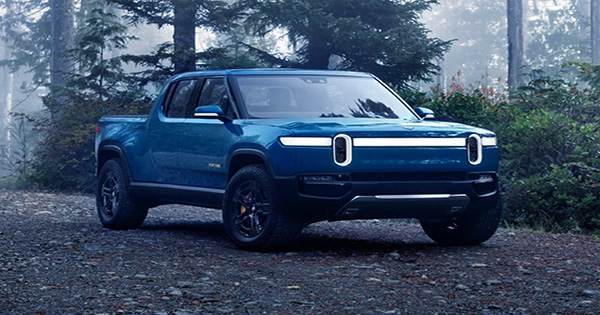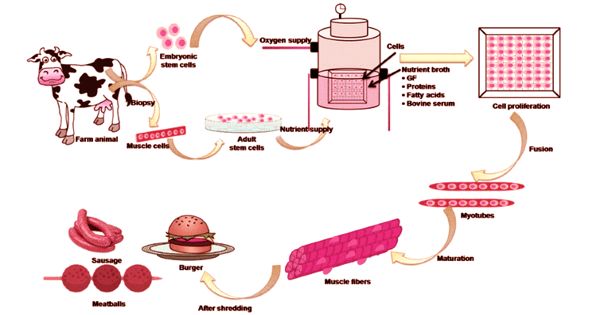Rivian is delaying the delivery of its long-awaited R1 electric pickup truck and R1SSV due to “severe effects of the epidemic,” especially due to ongoing global shortages of semiconductor chips, in a letter sent to CEO R. G. Scaringz. “Soon,” Scarenz wrote in the message, with the R1S following, the R1 distribution will begin in September. Delivering 1 more launch version of the vehicle, the release of the limited edition of its first series “Electronic Adventure Vehicles” was scheduled to begin in July, a month late.
Rivian is the only automaker involved in the global chip shortage. GM, Ford, Toyota and virtually every other car manufacturer have either slowed down production or built their vehicles without specific features supported by chips. GM, for example, is now making certain medium and full-size SUVs without the wireless phone charging feature due to the global shortage of semiconductor chips. Unlike established players with a lot of internal revenue, Rivian is an innovator trying to be the first car manufacturer to bring electronic pickup trucks to market.
Ford plans to launch the electronic F-150 Lightning pickup truck in the spring of 2022. Production of a GMC Hummer EV pickup is expected to begin later this year. Here is an excerpt from the letter, seen by TechCrunch:
We know you can’t wait to get behind the wheel of your car. Earlier this summer, we announced that delivery would begin in July; however, the first delivery time of the R1T has been shifted to September, shortly after the R1S. I’m sure you’ve heard it directly from me. There are many reasons why our production ramps take longer than expected. The cascading effects of the epidemic have had more synthetic effects than expected. Facilities construction, equipment installation, vehicle supply (especially semiconductor) has all been affected by the epidemic.
Beyond this unexpected challenge, launching three new vehicles while setting up a multi-vehicle manufacturing facility is a complex orchestra of integrated and interconnected activities where small problems can translate into ramp delays.
The scarring has now provided some more details about the company’s progress, employing more than 7,000 people. According to Screenage, the Revian factory in Normal, Illinois, has two separate production lines. One is dedicated to the R1 vehicle and the other line is for its commercial vans.















